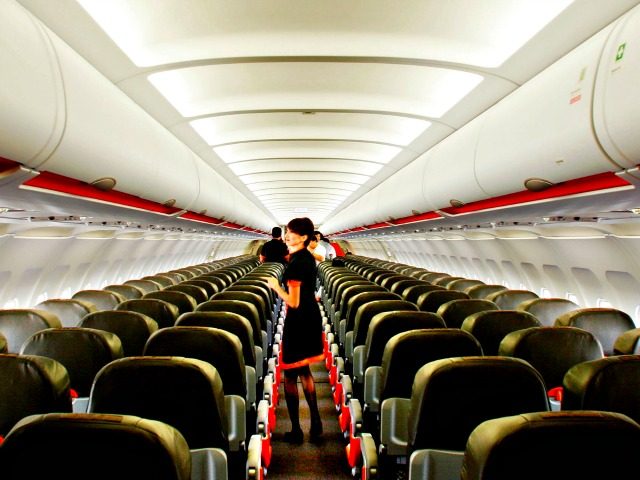Australian airline Qantas is drawing up plans to make a coronavirus vaccination mandatory for all passengers traveling internationally, the company’s top executive has revealed.
“We are looking at changing our terms and conditions to say for international travellers, that we will ask people to have a vaccination before they can get on the aircraft,” CEO Alan Joyce said in a Monday interview with Channel 9’s A Current Affair.
On the prospect of whether the vaccination would be required for domestic flights, Joyce stated the company will evaluate,”what happens with COVID-19 in the market, but certainly for international visitors coming out, and people leaving the country, we think that’s a necessity.”
Joyce then hinted that other airlines could follow suit with requiring the vaccination for passengers traveling abroad.
“I’ve been talking with my colleagues at other airlines around the globe, and I think that’s going to be a common theme across the board,” he said.
The Executive Traveler notes:
[Joyce’s] remarks are in line with the government’s new National Vaccination Policy released earlier this month, which suggested that visitors from overseas might have to produce a vaccination certificate before boarding their flight to Australia.
“There may… be circumstances where the Australian Government and other governments may introduce border entry or re-entry requirements that are conditional on proof of vaccination,” the Australian COVID-19 Vaccination Policy states.
“What we’re looking at is how you can have a vaccination passport, an electronic version of it, that certifies what the vaccine is, is it acceptable to the country you are travelling to.”
Joyce’s comments came as Drugmaker AstraZeneca announced that late stage trials showed its coronavirus vaccine is “highly effective,” with an average efficacy of 70 percent.
The multinational pharmaceutical company said it has received “positive high-level results” from an interim analysis of clinical trials of its AZD1222 vaccine candidate.
The drugmaker has been holding late stage trials in Britain and Brazi,l and the vaccine has resulted in zero hospitalizations and no severe cases of the coronavirus among volunteers, it said.
AstraZeneca said the vaccine showed different efficacy in different dosing regimens. It was 62% effective when two full doses of the vaccine were administered a month apart, and 90% when a half-dose was followed by a full dose after a month.
The UPI contributed to this report.

COMMENTS
Please let us know if you're having issues with commenting.